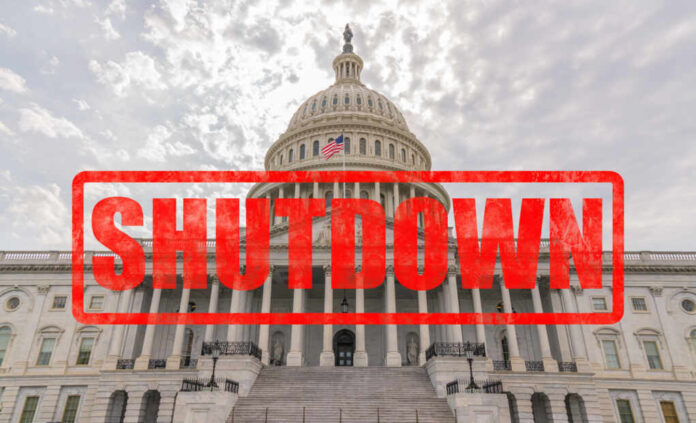
Congress averted a potential government shutdown with Biden signing a temporary spending bill just a day before the deadline, deferring the budgetary clash with congressional Republicans into the new year.
The disagreement over federal budget allocations, mainly for wartime aid to Ukraine and Israel, persists. This bipartisan measure secured overwhelming approval in the House and Senate. The success ensures the continuation of government operations beyond the holiday season.
The move also offers lawmakers additional time to reconcile their substantial disparities regarding spending levels for the ongoing fiscal year. On Thursday, Biden formally endorsed the bill during the Asia-Pacific Economic Cooperation summit in San Francisco.
Last night I signed a bill preventing a government shutdown. It’s an important step but we have more to do. I urge Congress to address our national security and domestic needs — and House Republicans to stop wasting time on extreme bills and honor our bipartisan budget agreement. pic.twitter.com/6Ja5jW4YPR
— President Biden (@POTUS) November 17, 2023
The signing was announced late at night, and the actual signing took place at the Legion of Honor Museum. This spending package sustains government funding at existing levels for approximately two more months while negotiations unfold for a comprehensive, long-term agreement.
It establishes two distinct deadlines for enacting full-year appropriations bills — January 19 for certain federal agencies and February 2 for others. Consequently, two dates now carry the potential for a partial government shutdown.
The two-step procedural approach, championed by the newly appointed and Republican House Speaker Mike Johnson, faced some resistance in the Senate. With practically unanimous support from Democrats and backing from 10 Republicans, it ensured a reprieve from a government shutdown for now.
Speaker Johnson has explicitly committed to opposing any further stopgap funding measures, commonly referred to as continuing resolutions. He sees the temporary funding bill as a prelude to an impending spending “fight” with the Senate in the coming year.
Notably absent from the spending bill is the White House’s hefty $106 billion request for wartime aid for Israel and Ukraine. Additionally, it lacks provisions for humanitarian funding for Palestinians and other supplemental requests, including funds for border security.
Lawmakers are anticipated to intensify their focus on these matters after the Thanksgiving holiday, aiming to engage in negotiations to reach a consensus.
Government shutdowns have occurred periodically in the United States due to political disagreements over budgetary matters. The lengthiest shutdown in American history ended on January 25, 2019, after 34 full days. That dramatically exceeded the previous record of 21 days in 1995.
They can have wide-ranging consequences, affecting citizens, businesses, and the economy’s overall health. The impact varies depending on the duration of the shutdown and the specific services and functions involved.













